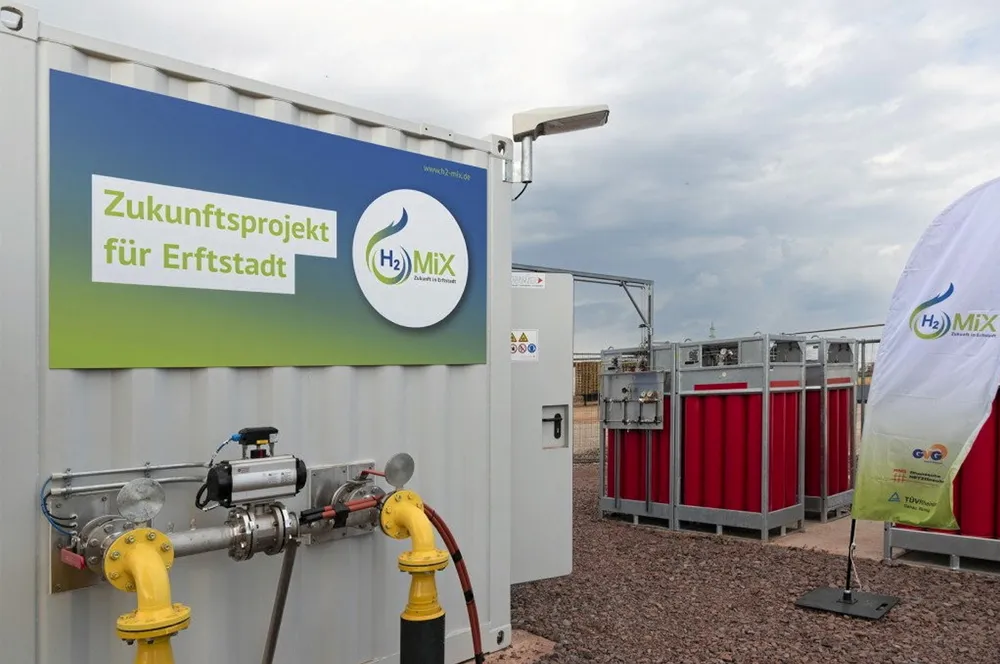German gas operator says 20% hydrogen blending trial in 100 homes has been ‘100% trouble-free’ after six months
Ongoing pilot in Erftstadt finds no technical problems with residents’ gas appliances — but they had been pre-tested to ensure compatibility
